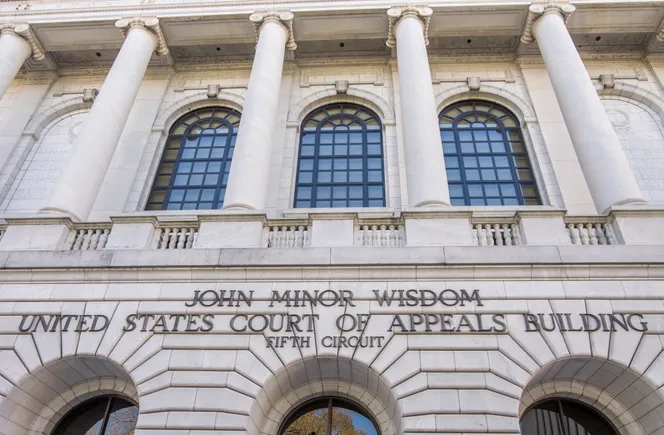Dive Brief:
- The 3rd U.S. Circuit Court of Appeals revived Sept. 6 a lawsuit filed by home care companies challenging the U.S. Department of Labor’s rule ending federal wage-and-hour law exemptions for home care workers, holding that a lower court erred when it decided that the companies’ suit was untimely.
- Plaintiffs in Intra-National Home Care, LLC v. U.S. Department of Labor alleged that DOL’s 2013 final rule violated the Administrative Procedure Act because it is contrary to law and arbitrary and capricious. A Pennsylvania district court held that the suit was filed too late to meet the APA’s six-year statute of limitations on civil actions.
- The companies appealed, claiming that a recent U.S. Supreme Court decision overruled the district court’s reasoning. The 3rd Circuit held 2-1 that the plaintiffs’ complaint was timely regardless because the plaintiffs are challenging a DOL enforcement action against them, and therefore the statute of limitations “begins to run anew when the agency seeks to enforce the regulation against plaintiffs.”
Dive Insight:
At its heart, the case concerns the deadline by which entities must challenge federal agency regulations under the APA.
DOL’s final rule revised its regulations in 2013 under the Fair Labor Standards Act to clarify which home care workers meet the law’s minimum wage and overtime pay requirements. At the time, the agency said the industry had “undergone a dramatic transformation” resulting in an increased professionalization of the home care workforce and a need for clearer guidance on the applicability of the FLSA to those workers.
According to the 3rd Circuit, DOL disclosed in 2020 that it was investigating the Intra-National Home Care plaintiffs for potential overtime violations related to the 2013 revision. The plaintiffs then sued DOL, and the agency brought enforcement actions against the plaintiffs in 2021.
After the DOL’s 2021 enforcement action, the plaintiffs amended their complaint to allege that the 2013 final rule violated the APA. DOL sought to dismiss this claim, arguing that the plaintiffs had not met the APA’s six-year statute of limitations requirement. The district court agreed with DOL, holding that six-year period began to run when the final rule was issued in 2013.
In July 2024, the Supreme Court held in Corner Post, Inc. v. Board of Governors of the Federal Reserve System that the statute of limitations for APA claims does not accrue until a plaintiff is injured by a final agency action. The Intra-National Home Care plaintiffs claimed that Corner Post’s holding meant that the statute of limitations on challenges to agency regulations under the APA, “no matter the nature of the claim, will not commence running until the entity adversely affected by it comes into existence.”
But the 3rd Circuit did not reach its decision on this basis, because the challengers in Corner Post were not the target of an enforcement action like the Intra-National Home Care plaintiffs. The fact that DOL had sought enforcement against the plaintiffs was itself sufficient to make their suit against the agency timely, according to the 3rd Circuit.
The 3rd Circuit vacated the district court’s dismissal order and remanded the case for further proceedings consistent with its opinion and that of the Supreme Court in Corner Post.
One judge on the three-judge panel concurred in part in the judgment and dissented in part, arguing that the proper start date for accrual under the APA was when each business came into existence, rather than the date of DOL’s enforcement action.





Leave a Reply